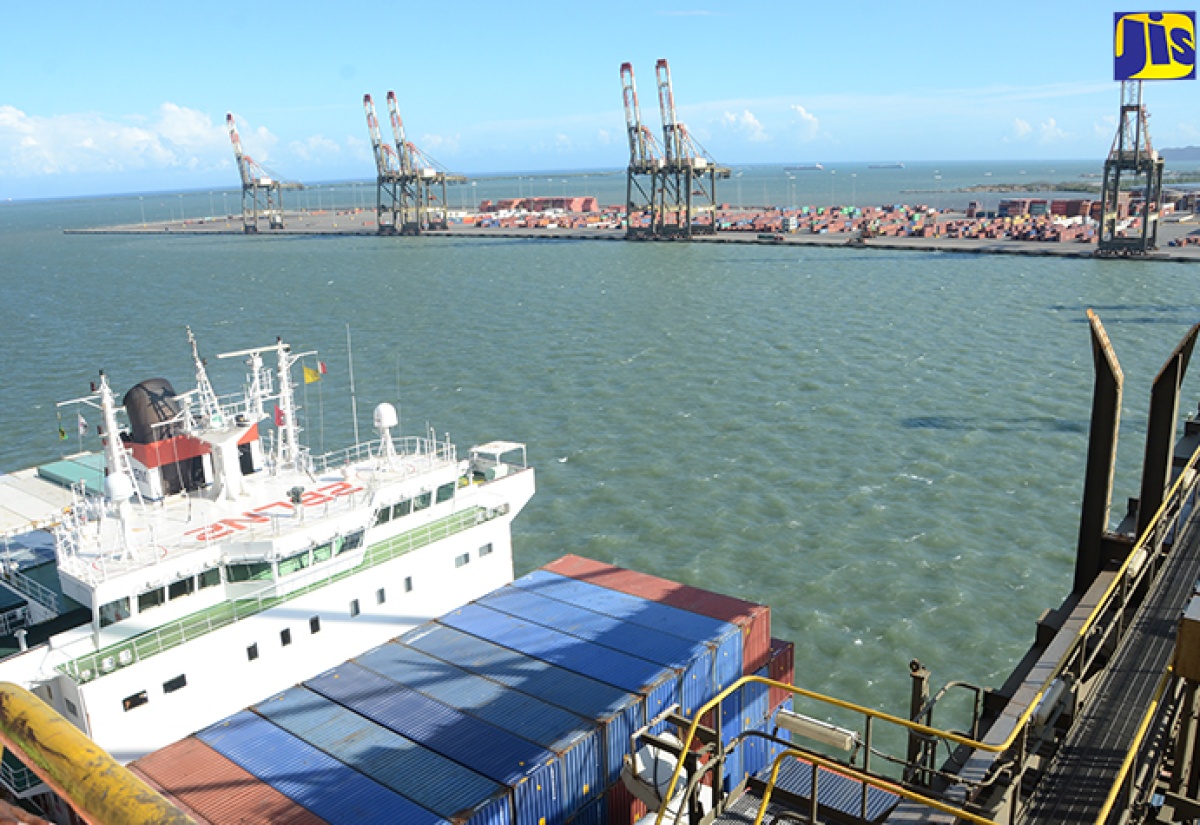Jamaica Customs Agency Clarifies Clearance Procedures for In-Bound Containers
By: , December 28, 2016The Key Point:
The Facts
- She said the processing fee of $2,500 plus General Consumption Tax (GCT), adding that the minimum duty applicable per shipment is $6,500. The customs officer said the sum of duty payable may vary and is contingent on the barrel’s contents.
- Prohibited items include: narcotics, indecent and obscene prints, paintings, photographs and cinematograph films, among others. Restricted items are those requiring a special permit to be brought in. These include meats and plant material, among other items.
The Full Story
For many Jamaicans with relatives overseas, receiving a barrel with gifts is a common occurrence.
Though barrels are shipped to the island throughout the year, Jamaicans at home and abroad look forward to sending and receiving barrels at Christmas, which is the busiest period for the Jamaica Customs Agency (JCA).
Customs Manager for the JCA’s Operations Department, Alicia Christian-Scott, told JIS News that duration for processing and clearing barrels ranges from 30 minutes to one hour.
She explained that specific documents are required to facilitate this.
These include: shipping documents from agents; a national identification card; and a Taxpayer Registration Number (TRN).
Ms. Christian-Scott informed that any person clearing a barrel on behalf of a party in whose name the container was shipped, must have a written authorization from the individual, as well as a copy of their identification, certified by a Justice of the Peace (JP).
She said the processing fee of $2,500 plus General Consumption Tax (GCT), adding that the minimum duty applicable per shipment is $6,500. The customs officer said the sum of duty payable may vary and is contingent on the barrel’s contents.
Ms. Christian-Scott explained that on arriving at customs area, persons should collect their documents from the shipping agent and pay the relevant handling and/or freight charges.
Thereafter, they should proceed to the warehouse where the barrels are stored, pay the relevant handling and storage fees and present the shipping documents to the security personnel on location.
Ms. Christian-Scott said once the barrel is located, a customs officer will request that the client opens the container for examination.
The officer will evaluate the contents and, thereafter, direct the client to the customs cashier to pay the applicable duties and fees.
At this stage the release order, received earlier, should be presented to the warehouse operator who will issue a gate pass.
Persons should then proceed to the delivery area with this pass to collect their barrel, which then completes the process.
Ms. Christian-Scott told JIS News that if a client receives an unaccompanied baggage clearance declaration (C27/Yellow form) form at the airport, they should present this along with their passport and TRN card to the customs officer at the warehouse.
Ms. Christian-Scott said one of the main misconceptions in clearing containers was the belief that the JCA’s and shipping agents fees are one and the same.
“When they go to the shipping agent to collect their document and pay the relevant fees to the warehouse personnel, and when they come to customs and we apply the relevant charges after examining their shipment, there are a lot of persons who will tell us that they have already paid, not realising that when you interface with customs you are required to pay a processing fee and any relevant duties that will be applicable to the item,” she outlined.
Ms. Christian-Scott advised persons to ensure that prohibited or restricted items are not included in their barrels.
Prohibited items include: narcotics, indecent and obscene prints, paintings, photographs and cinematograph films, among others.
Restricted items are those requiring a special permit to be brought in. These include meats and plant material, among other items.


